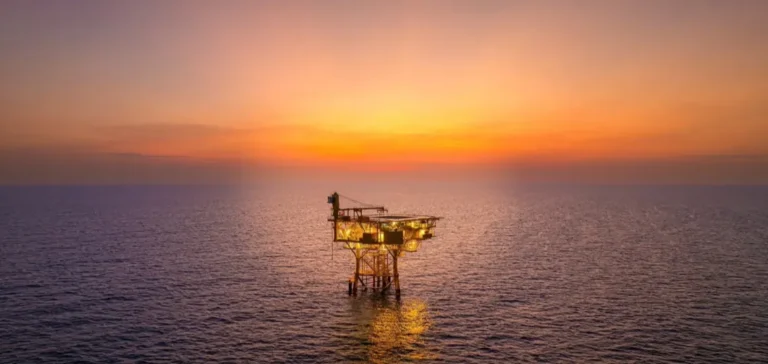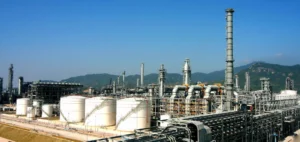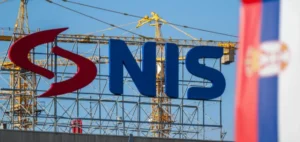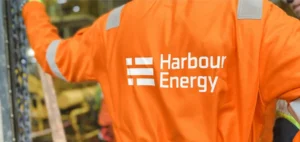TotalEnergies, operator of the project with a 50% stake, has been awarded an oil exploration permit in the Nzombo offshore area of the Republic of the Congo. The permit covers an area of 1,000 square kilometres and is located about 100 kilometres off Pointe-Noire, close to the Moho production facilities. Project partners include QatarEnergy, which holds a 35% stake, as well as Société Nationale des Pétroles du Congo (SNPC) with a 15% stake.
A drilling campaign scheduled by the end of the year
The work programme includes the drilling of one exploration well before the end of 2025. This schedule aims to take advantage of existing infrastructure in the area, notably those operated by TotalEnergies EP Congo. The Nzombo permit is seen as a high-potential prospect, likely to strengthen the regional production base without requiring heavy new developments.
Strategic continuity in the exploration portfolio
The awarding of this permit is part of TotalEnergies’ strategy to build an exploration portfolio focused on commercially impactful prospects. The group relies on the proximity of existing facilities to optimise costs and accelerate production start-up in the event of a commercial discovery.
The Republic of the Congo remains a key country for TotalEnergies’ upstream activities in Africa. The partnership with SNPC and QatarEnergy confirms long-standing cooperation in the region. According to TotalEnergies, this collaboration aims to reinforce local integration while securing access to additional volumes in the context of a global crude oil market that remains tight.





















